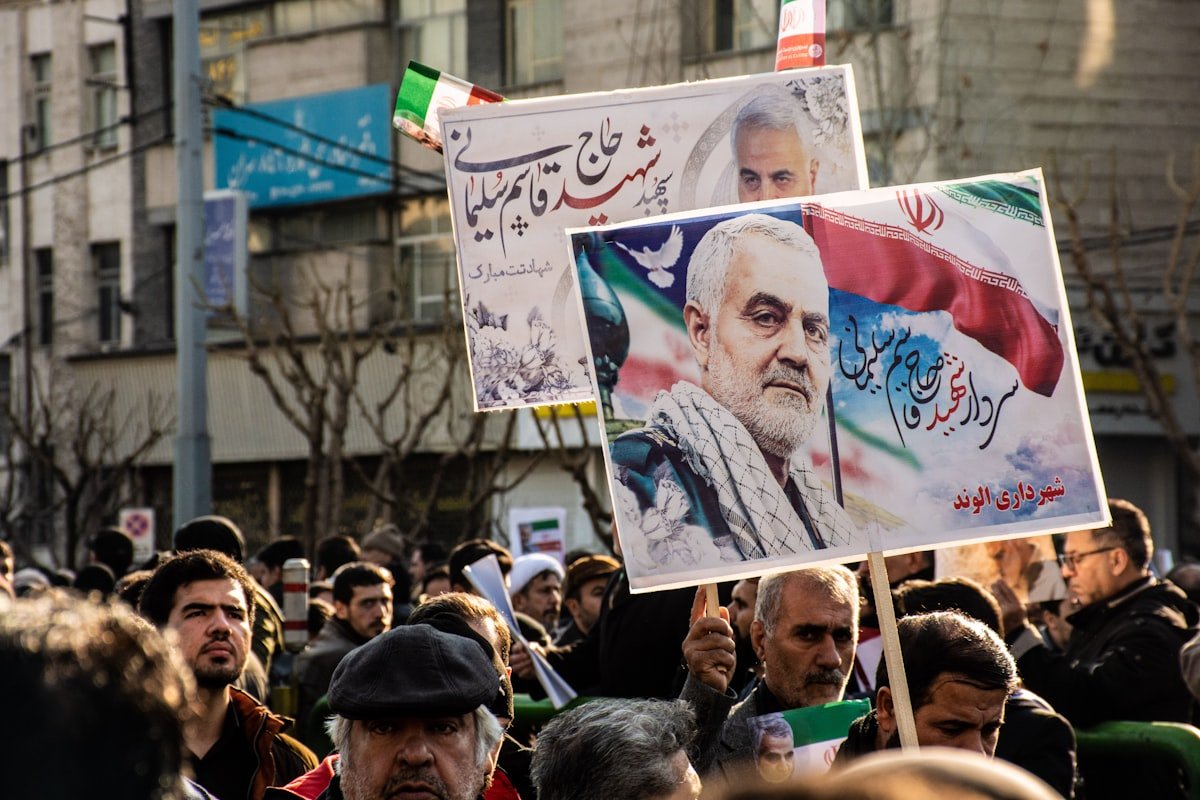France, Germany, and UK Signal Readiness to Reimpose Iran Sanctions in 2025
The European powers of France, Germany, and the UK have announced their readiness to reimpose Iran sanctions in 2025, marking a significant escalation in tensions over Tehran’s nuclear program. The potential decision to reimpose Iran sanctions comes amid stalled negotiations and growing concerns over Iran’s uranium enrichment activities. This move could have far-reaching economic and geopolitical consequences, reshaping global energy markets and diplomatic relations.
Why Iran Sanctions May Be Reimposed in 2025
The Joint Comprehensive Plan of Action (JCPOA), commonly known as the Iran nuclear deal, has been in jeopardy since the U.S. withdrawal in 2018. Despite efforts to revive the agreement, Iran’s continued expansion of its nuclear capabilities has prompted European nations to reconsider their stance. France, Germany, and the UK—collectively known as the E3—have warned that failure to comply with the deal’s terms could lead to Iran sanctions being reimposed as early as 2025.
Recent reports from the International Atomic Energy Agency (IAEA) indicate that Iran has significantly increased its stockpile of enriched uranium, nearing weapons-grade levels. This breach of JCPOA limits has heightened fears of a nuclear-armed Iran, pushing European leaders toward stricter measures. The E3’s statement emphasizes that diplomatic solutions remain the priority, but Tehran’s lack of cooperation leaves little room for alternatives.
The Economic Impact of Reimposing Iran Sanctions
If Iran sanctions are reimposed, the global economy could face immediate disruptions, particularly in oil markets. Iran is a major crude oil exporter, and renewed restrictions would tighten supply, potentially driving up energy prices. European businesses with ties to Iran may also suffer, as trade barriers and financial restrictions return. The previous round of sanctions severely impacted Iran’s economy, leading to inflation and currency devaluation—effects that could resurface in 2025.
Beyond energy, industries such as automotive, manufacturing, and banking would feel the ripple effects. European companies that resumed trade after the 2015 deal may now face uncertainty, with investments at risk. Meanwhile, Iran’s access to international financial systems could again be restricted, complicating transactions and foreign investments.
Geopolitical Consequences of Renewed Sanctions
The decision to reimpose Iran sanctions would not only strain Iran-Europe relations but also influence broader geopolitical dynamics. Russia and China, key allies of Iran, may seek to offset the economic pressure by deepening trade partnerships. This could further fragment global alliances, with Western powers on one side and Moscow-Beijing-Tehran on the other. Additionally, Middle Eastern nations like Israel and Saudi Arabia, long opposed to Iran’s nuclear ambitions, would likely support the sanctions.
Another critical factor is Iran’s regional influence. Sanctions could weaken Tehran’s ability to fund proxy groups in Yemen, Syria, and Lebanon, potentially reducing instability in those regions. However, hardliners in Iran might respond with increased aggression, escalating tensions in an already volatile area.
Diplomatic Efforts and the Path Forward
Despite the tough stance, the E3 has left the door open for diplomacy. Officials stress that the reimposition of Iran sanctions is not inevitable if Tehran returns to full compliance with the JCPOA. Negotiations remain the preferred solution, but time is running out. The coming months will be crucial in determining whether a renewed agreement is possible or if sanctions will become unavoidable.
European diplomats are also coordinating with the U.S., which has expressed support for a multilateral approach. However, Washington’s own policies toward Iran will play a decisive role. If a new U.S. administration in 2025 takes a softer stance, negotiations could gain momentum. Conversely, a hardline approach may reinforce the sanctions push.
What to Expect in 2025
As 2025 approaches, the world will be watching closely to see whether Iran sanctions are reimposed or if a last-minute diplomatic breakthrough occurs. The E3’s warning serves as both a pressure tactic and a contingency plan. Businesses, investors, and governments must prepare for multiple scenarios, from intensified sanctions to a revived nuclear deal.
The stakes are high, with implications for global security, energy stability, and international trade. Whether through sanctions or renewed negotiations, the international community’s next steps will shape the future of Iran’s nuclear program and its relations with the West.

In conclusion, the possibility of France, Germany, and the UK reimposing Iran sanctions in 2025 underscores the fragility of the current diplomatic landscape. While economic and geopolitical risks loom, the ultimate outcome hinges on Iran’s willingness to engage with international demands. The coming year will be pivotal in determining whether confrontation or compromise prevails.




 Sydney Airport arrest: Police weapon discharged in incident
Sydney Airport arrest: Police weapon discharged in incident